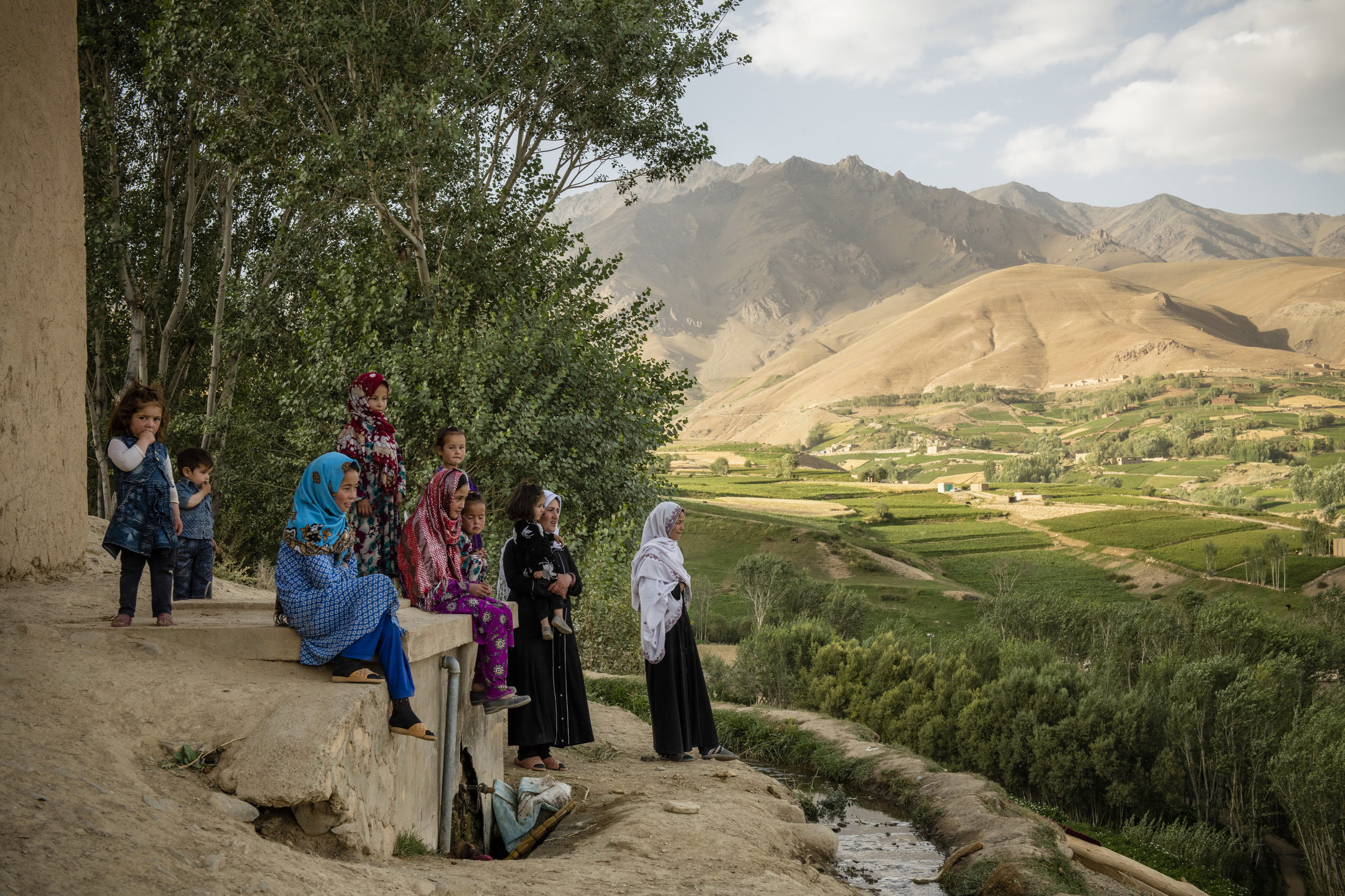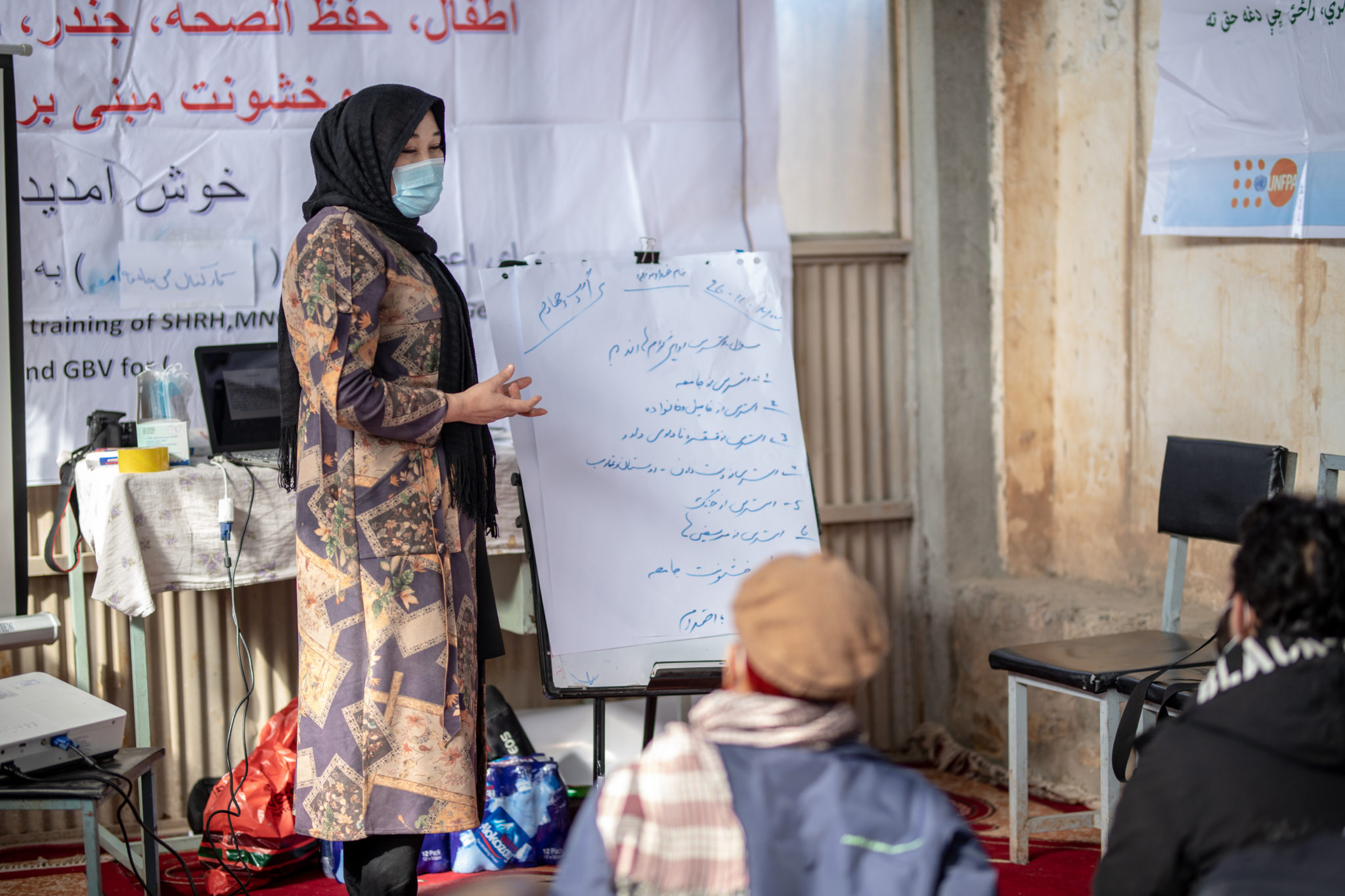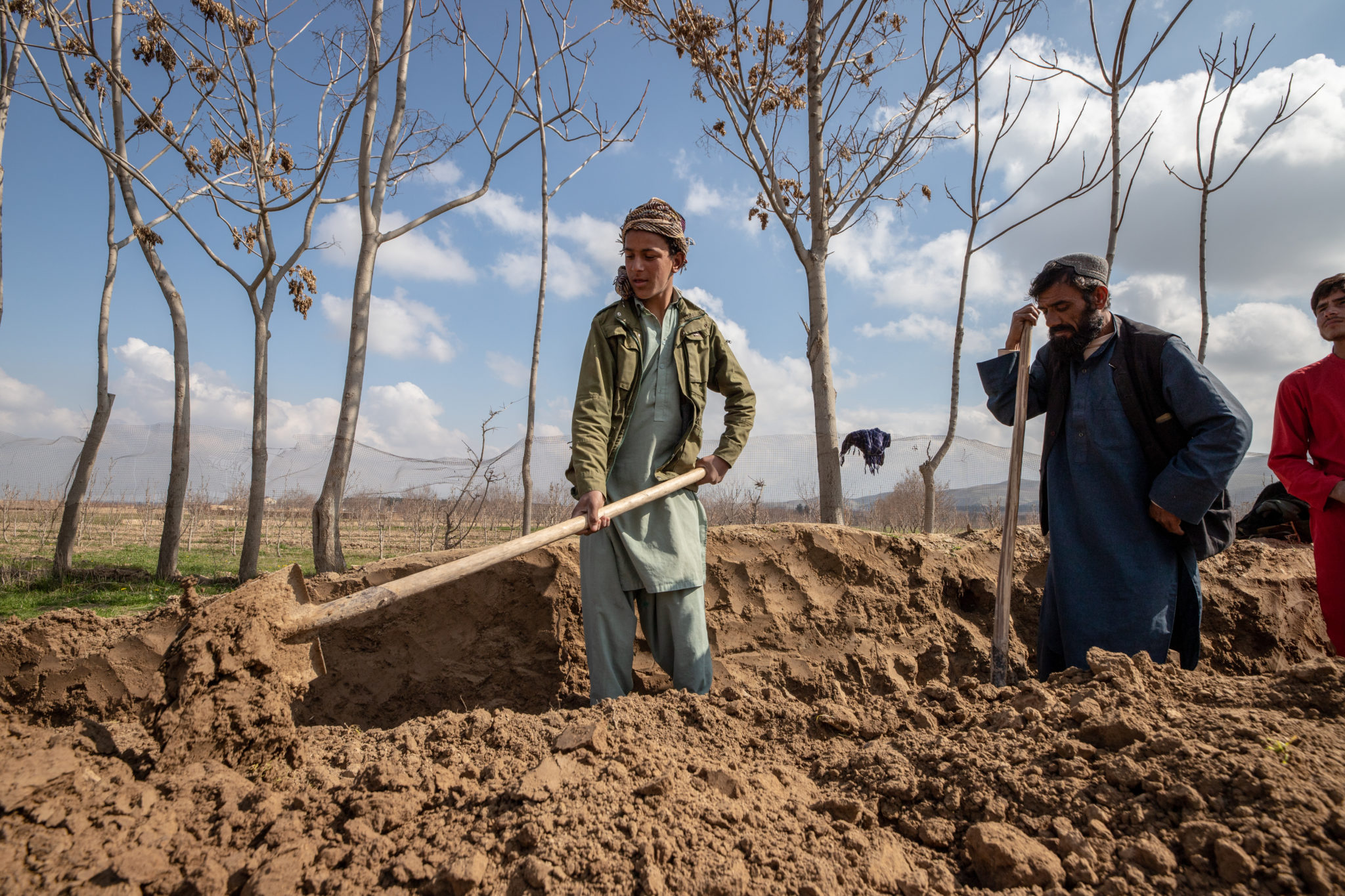
Confidence. Inspiration. Hope. While these words seem at odds with recent headlines about Afghanistan, those who look deeper than the front page quickly learn of the opportunities that still exist within the country.
Potential was a key theme on May 20, 2022, when Khalil Z. Shariff, CEO of Aga Khan Foundation Canada (AKFC), and Dr. Najmuddin Najm, CEO of Aga Khan Foundation Afghanistan, spoke with Kiran Hayat of the Aga Khan Council for Canada. During this special episode of Friday Night Reflections, they discussed the lifesaving impact of Aga Khan Development Network (AKDN) activities in Afghanistan and expressed hope for brighter days ahead.
“Afghanistan has been through difficult situations for the last many years,” said Dr. Najm as he gave context to the challenges Afghans are facing today. Two decades of conflict and insecurity, the impact of climate change, and a fragile economy were already in place when the events of August 2021 added new dimensions to the challenges facing Afghans.
In its response to the crisis, the AKDN has focused on two main areas. The first is humanitarian assistance to help people meet their immediate needs, such as the provision of food supplies particularly during the lean winter season. The second is continuing existing programming, securing the gains made in the past two decades and maintaining the foundations for long-term progress and development.
One such foundation is the AKDN’s deep roots in the Afghan health care system.
“In the early weeks, there were rumours that the health system may collapse in the country,” said Dr. Najm. “We were able to continue the operation of health facilities which were under our management, and we continued health services in the geographies where we were active.”

The AKDN is also continuing to engage in the education system.
“We also continue to work with the education system, wherever and whenever it was possible to support education on the ground and continue with the activities that were possible,” said Dr. Najm.
While recent changes have made working in Afghanistan more challenging, Aga Khan Foundation (AKF) and the AKDN are leading by example, particularly in women’s empowerment. According to Dr. Najm, AKF’s ability to reach and empower women in Afghanistan remains an important value and principle that applies to its work in all countries.
“We started by bringing all our female colleagues in Afghanistan back to work,” said Dr. Najm, expressing a desire to demonstrate through action the importance of women in AKF’s and the AKDN’s work. “Without them, as an institution, we cannot function. Without them, as an institution, we cannot reach communities.”
“Sitting here in Kabul, being in touch with people through hundreds of committed employees within the Foundation, thousands of committed employees of the Network here in Afghanistan, we know that there is a lot of potential. We know that there are a lot of opportunities,” he said.
Dr. Najm also reiterated AKF and the AKDN’s continued commitment to the people of Afghanistan.
“We demonstrated our commitment by remaining operational, by maintaining our human capacity, by supporting the country with the resources that come from [the international community],” he said.

Speaking of the AKDN’s work in Afghanistan today, Dr. Najm said, “We continue to remain engaged in agriculture and food security, in education, in health, in building critical infrastructure, in community development as an important element of the work, in restoration of the cultural heritages in Afghanistan and helping people to come out of the impact of natural disasters.”
In concluding the conversation, Shariff highlighted the leadership that Dr. Najm and his colleagues have shown in mounting a response to the current crisis. “The extraordinary Afghan leadership that we have seen during this time is a great source of comfort and confidence and inspiration for all of us around the world who are watching the situation and seeking to help,” he said.
He added that Canadian support, including the fundraising efforts of the World Partnership Walk, has allowed AKFC to catalyze all kinds of important efforts in Africa and Asia over the last 40 years.
“The opportunity… to make real, lasting improvements in the quality of life of people around the world, often in the most difficult of situations, is in front of us,” said Shariff.
“The Walk this year is yet again an invitation to each of you but also to all the people in your circles and your networks to join us, to remember that generational tradition in Canada of not only thinking about ourselves but of thinking about those in other circumstances,” he added, calling it an opportunity to shape a world that is more peaceful, prosperous, and pluralist.
“Use this chance to connect with friends and colleagues, bring them together, and remind them that this great tradition of Canada reaching out to the world is as important today as it’s ever been,” said Shariff.
“That’s what the World Partnership Walk has been about for 40 years, it’s what it is about again this year, and I know that we can count on the support of all the Canadians across the country as we look at making a better world for all.”
